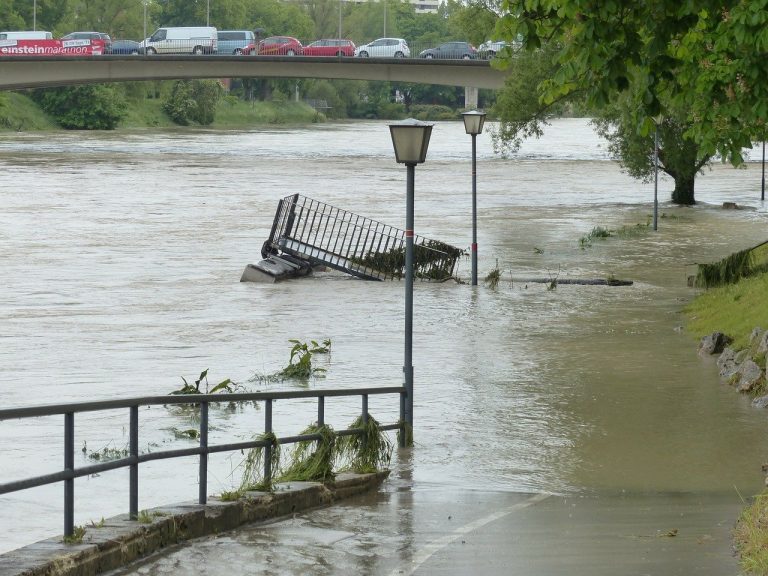Another data to worry is sea level. It doubled since the start of the last century; going from 1.5mm a year to more than 3mm a year.

Is not a secret that climate change is causing us unpredictable weather. Indeed, England scored as top ten for heat, rain and sunshine. Extreme weather therefore has become a commonplace. Last year UK experienced the warmest year ever registering the longest period of sunshine.
Nonetheless, also scored as the wettest for hours of rain. So, UK extreme weather is going to be much characterizing the upcoming years.
What causes UK’s extreme weather
The central England is registering temperature records which hadn’t been seen since 1884, and rainfall is going back even further up to 1862.
According to the data, the latest 30-year period (1991-2020) has got 0.9C warmer than the preceding 30 years (1961 to 1990). Furthermore, the UK raised an average of 6% wetter in the more recent period. As a result UK’s weather is growing more extremes and this worries scientists.
The #StateofUKClimate 2020 report compiled by the @metoffice and published today in our International Journal of Climatology, reveals 2020 was the 3rd warmest, 5th wettest and 8th sunniest on record for the UK.
Learn more at https://t.co/8oGa5iN2XO#RMetSJournals #openaccess pic.twitter.com/RH5GEiqvgj
— Royal Meteorological Society (@RMetS) July 29, 2021
Globally, land temperatures compared to pre-industrial times are about 1.2C hotter. As we need to prevent the world heating going more than 1.5C compared to pre-industrial levels; Governments are going to meet this November in Glasgow.
If they rise even further, UK won’t face the best scenario. UK extreme weather could worsen and become a commonplace. Last spring, year 2020, due to lockdown, the whole world experienced two months of almost no rain. Which then followed the hottest summer in England. Obviously no one is bothered by from sunshine; but this also led last years’ storms Ciara and Dennis. They brought rainfalls which was in some places more than four times the historical monthly average. This is potentially a damage, not only for infrastructures but also for crop fields.
What worries experts is that we see a continuing emerging pattern: more high temperature lead to more rainfall extremes. The process is given by the greenhouse gasses which hotter the air and a warmer air can hold more moisture which consequently leads to a wetter weather in Britain.
Another data to worry is sea level. It doubled since the start of the last century; going from 1.5mm a year to more than 3mm a year. Now in the last 60 years, is equating to 2cm a decade.




